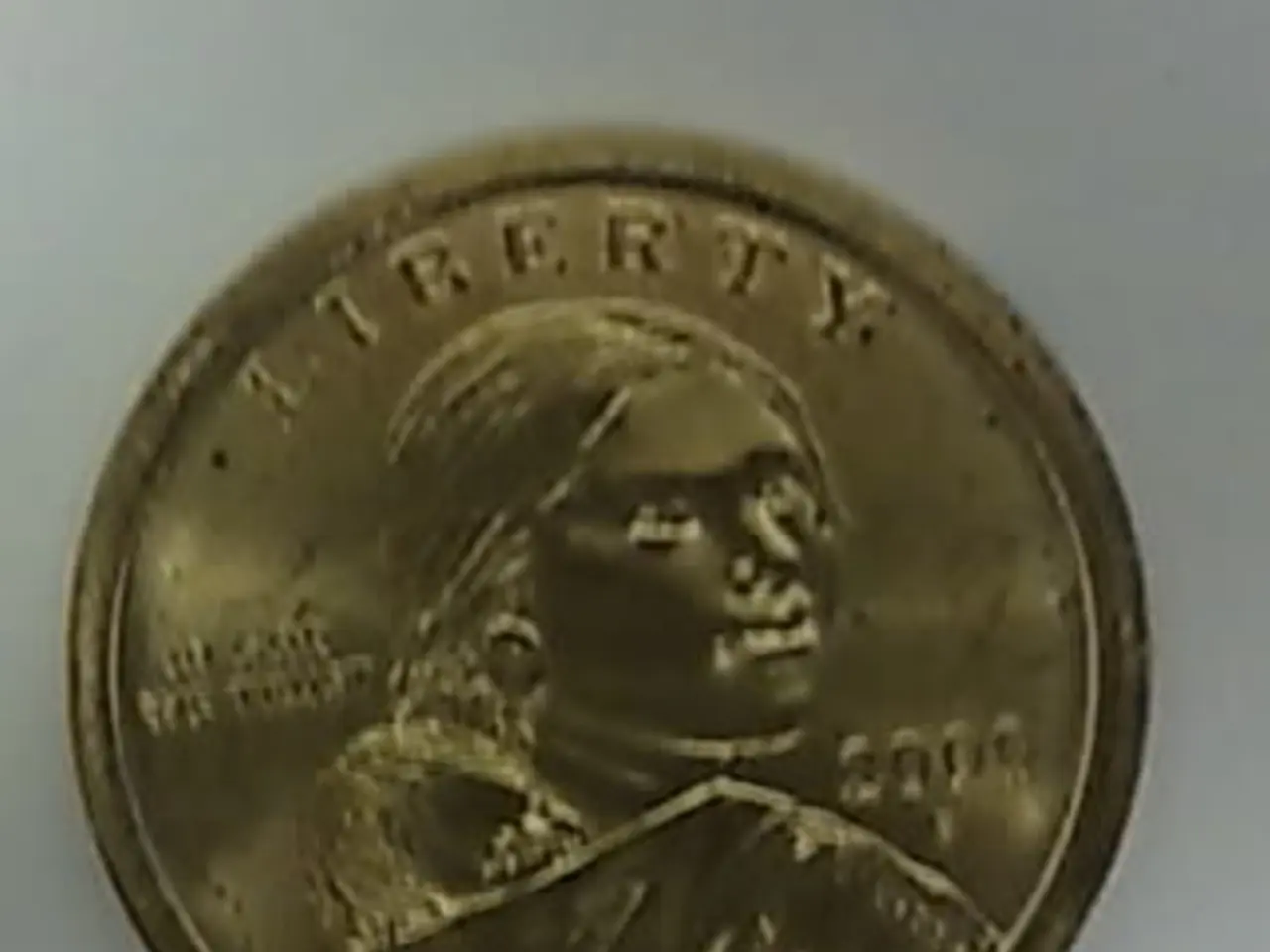Unraveling Saga of Toys R Us Bankruptcy Continues, Holding Relevance Today
Toys "R" Us has experienced quite a rollercoaster ride over the past few years. While the old-school big-box toy store chain continues to evolve, court documents from this week bring new accusations against former executives and board members of the store. These allegations claim that the leaders approved a loan deal meant to keep the company afloat during its bankruptcy, but it ultimately led to the downfall of the last national toy store.
In insistent legal action that's been brewing for years, creditors to Toys "R" Us accuse the company's leaders, including former CEO Dave Brandon and Chief Merchant Richard Barry, of making a disastrous decision in approving bankruptcy financing. According to the accusers, this was a deal that should never have been signed.
The relentless litigation has produced countless court papers and internal emails at Toys "R" Us, along with testimony from former top retail officials. In a recent court filing, the defendants dismissed the plaintiffs' claims as "baseless and irresponsible."
Bob Bodian, a member of the Mintz law firm representing the defendants, stated that the plaintiff's latest filing is "meritless" and they are merely seeking to damage the defendants' reputations through media coverage. Bodian added that he expects the defendants, who always acted in the best interests of the company, will be fully vindicated.
In 2018, Toys "R” Us was in Chapter 11 after filing for bankruptcy the previous September. The bankruptcyprocess was supposed to help the retailer regain financial stability, but it ended up facing several years of decline. Toy manufacturers and suppliers shipped products to Toys “R” Us on assurances that they had secured bankruptcy financing, but this support came crumbling down in March 2018 when the retailer announced it was forced to liquidate. Suppliers collectively lost hundreds of millions of dollars as a result.
Former creditors argue that Toys "R" Us should have wound down the business long before the bankruptcy filing and that approving the bankruptcy financing triggered the chain's eventual collapse. "As of August 2017, [Toys "R" Us] had been losing money for years, had a broken business model, had no plausible path for a turnaround, and sales and margins were in an accelerating spiral downward," the plaintiffs stated in court papers this week.
Instead of an orderly wind-down, Toys "R" Us signed a deal for debtor-in-possession financing, a common tool used to keep companies afloat during bankruptcy proceedings. However, the company failed to assess whether it could comply with the financial covenants tied to this financing, which ultimately led to default and the collapse of the company.
Behind the scenes, executives, directors, advisors, and lenders were discussing covenant defaults and the possibility of liquidation while the company continued to receive product shipments from suppliers. As proof, plaintiffs cite testimony from company leaders, including Joshua Bekenstein, co-chair of Bain Capital, one of Toys "R" Us' private equity owners at the time. When asked if he conducted an assessment of whether Toys "R" Us could comply with the covenants, Bekenstein revealed that he did not.
Suppliers played a major role in the downfall of Toys "R" Us, with many still shipping products to the retailer right up until it announced its liquidation. By defaulting on covenants and ultimately collapsing, Toys "R" Us put suppliers in a precarious position, as they had nothing to secure their claims. Many of these suppliers are now among the plaintiffs suing the retailer's former leaders.
Some analysts and financial experts argue that the rapid increase in debt at Toys "R" Us, approved by executives and board members during private equity ownership, contributed significantly to the decline in the company's operational conditions, store closures, and eventual liquidation. However, no direct new allegations or legal claims specifically accusing the former executives or board members of Toys "R" Us of wrongdoing in connection with the bankruptcy financing approval or the company's collapse have been reported.
- The government may consider implementing stricter policies regarding bankruptcy financing in light of the Toys "R" Us case, to prevent similar scenarios in the future.
- AI and robotics could potentially help companies like Toys "R" Us predict financial difficulties and make more informed decisions by analyzing a multitude of data points.
- The downfall of Toys "R" Us has had significant implications in the world of finance and business, with many analysts dissecting the events leading to its collapse to draw lessons for other companies.
- The legal battle surrounding Toys "R" Us has also sparked debates in the law community regarding the responsibilities and accountability of company leaders during bankruptcy proceedings.
- In the sports world, various toy manufacturers have had to adapt their marketing strategies, as the decline of Toys "R" Us has resulted in fewer opportunities for product placements and endorsements.
- Tradeassociations representing toy manufacturers and suppliers are closely following the Toys "R" Us lawsuit, as its outcome could set a precedent for future cases involving bankrupcynot only in the toy industry, but in other retail sectors as well.
- Beyond finance and business, the Toys "R" Us case serves as a reminder of the far-reaching consequences of war, as some experts suggest that the Iraq War played a role in escalating the debt levels of private equity firms, which in turn led to poor decision-making and the eventual collapse of Toys "R" Us.




